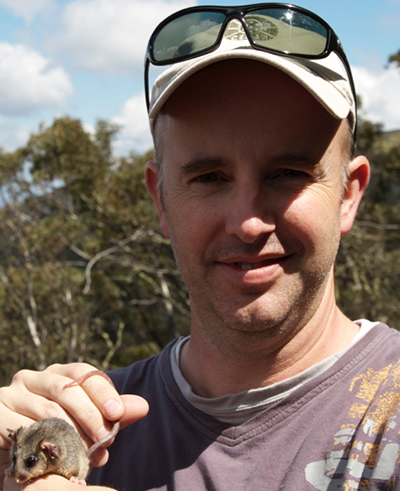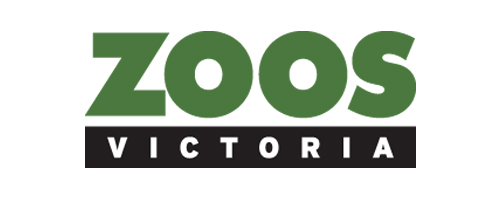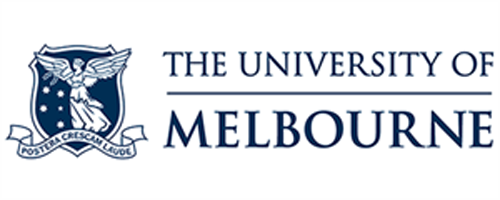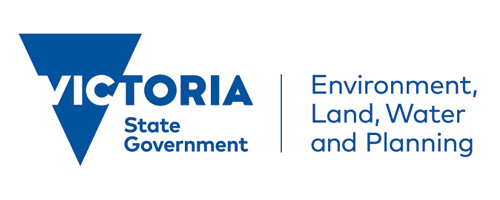
Project: 3.2.8
Monitoring bogong moth population change
Project Leaders: Brendan Wintle , Andrew Weeks
Research in Brief
This project seeks to establish a robust bogong moth monitoring strategy that will provide accurate estimates of the annual variation in biomass available to mountain pygmy possums. Recent reports of bogong moth migration failure have caused major concerns among managers, ecologists and the general public, not least because of the important role the moth plays in the diet of the Endangered possum. It is also a culturally important species to Indigenous communities throughout the region.
The project will help clarify the population status of the moth, moth biomass entering the Alps and its role in possum breeding success, enabling more targeted emergency management strategies for species dependent on the moth in years of low moth biomass. Ultimately, it will provide base data on which to develop a project that seeks to manage threats to bogong moths in their winter breeding grounds in inland areas throughout eastern Australia.

Mountain pygmy possum. Photo: Australian Alps Collection - Parks Australia
Why is the research needed?
Recent reports of bogong moth migration failure have caused major concerns among managers, ecologists and the general public not least because of the important role the moth plays in the diet of the Endangered mountain pygmy possum, but also because of its role in the maintenance of alpine ecosystems.
The mountain pygmy possum has been identified as one of Australia’s mammals most at risk of extinction. If the moth migration continues to deliver consistently low biomass to the Alps, there will be significant implications for the possum and the ecosystem more generally. A number of other dependent species (primarily small mammals, reptiles and birds) may be threatened as a result.
How will the research help?
This project seeks to establish a robust bogong moth monitoring strategy that will provide accurate estimates of the annual variation in biomass available to possums in the alpine area. This will help clarify the role of the moth in possum survival and breeding success by analysing moth monitoring data alongside pygmy possum breeding success. This will assist in assessing there is significant moth migration failure and support development of options for responding to low or failing moth migration.
It will also help support a national forum of expert researchers and stakeholders to discuss and prioritise knowledge gaps and objectives. Ultimately, it will provide base data on which to develop a project that seeks to manage threats to bogong moths in their winter breeding grounds.
The project will be undertaken with close involvement and contribution of key stakeholders and decision-makers to help ensure that the monitoring protocol established by the project is the most useful and practical it can be for on-ground MPP and park managers to uptake, and provides the most relevant information for decision-makers. A moth forum will help us bring together key stakeholders from the conservation and agriculture sectors.

Bogong moth. Photo: John Tann CC BY 2.0
What research activities are being undertaken?
The first phase of the project will provide a review of current knowledge about the moth and existing moth monitoring efforts, including a review of Traditional Ecological Knowledge, conditional on Traditional Owner willingness to participate with project support. During a national forum, experts on bogong moths and stakeholders involved with the moths will discuss the current state of knowledge as well as to prioritise the filling of knowledge gaps.
The second phase of the project will develop, refine and field-test candidate monitoring methods, identifying the most effective method for learning about moth population dynamics and ecology cost-effectively.
There are some existing data collection programs, for example, Goulburn Broken CMA and Taungurung Land and Waters Council, so there is some scope to influence current monitoring practices.
The third phase of the project will provide analysis of monitoring design options (sampling strategy and statistical design) with quantification of the statistical power of competing options (and cost). Contingent on success in previous phases, the final phase will involve deployment of the first year of full monitoring in collaboration with the recovery team and key institutions (state agencies, Traditional Owners and ski field authorities).
Huddled migrating bogong moths. Photo: CSIRO CC BY 3.0
Who is involved?
The project is being led by researchers from The University of Melbourne, in close collaboration with the Melbourne Zoo, the Victorian Department of Environment, Land, Water and Planning, Parks Victoria, the Mountain Pygmy Possum Recovery Team, and the Terrestrial Threatened Species Section of the Department of Agriculture, Water and the Environment.
Where is the research happening?
The project will establish a monitoring protocol at sites where the bogong moth is currently known, likely within Victoria and then in New South Wales, and form a case study for a wider-ranging monitoring program.
When is the research happening?
The project will run from January 2020 to mid 2021.
Further information
For more information please contact:
Brendan Wintle - b.wintle@unimelb.edu.au
Top image: Bogong moth. Photo: CSIRO CC BY 3.0





